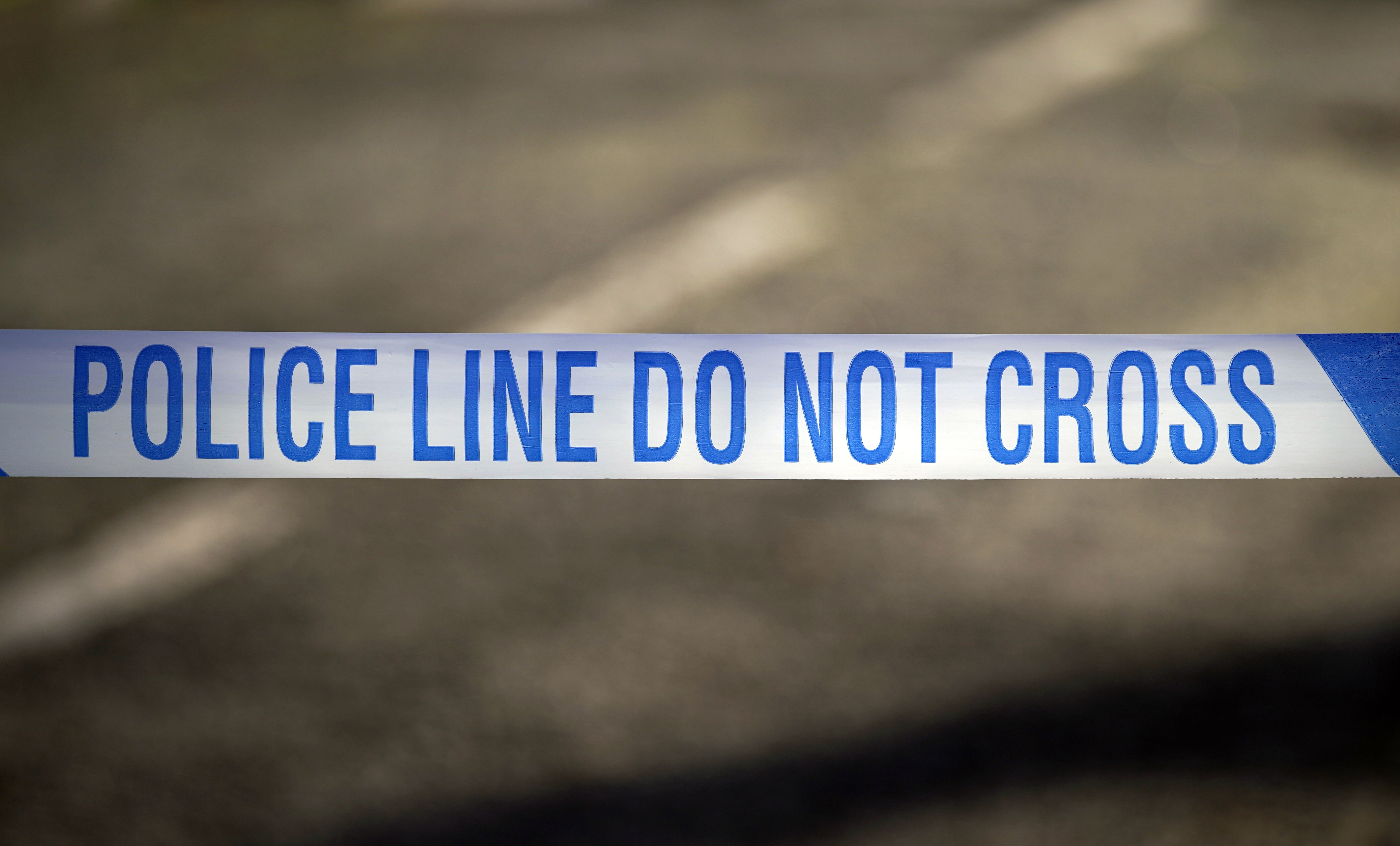Deaths in road accidents involving police reach highest level in four years
A watchdog said 25 of the 39 people who died were the passenger or driver in a car involved in a police chase.

Your support helps us to tell the story
From reproductive rights to climate change to Big Tech, The Independent is on the ground when the story is developing. Whether it's investigating the financials of Elon Musk's pro-Trump PAC or producing our latest documentary, 'The A Word', which shines a light on the American women fighting for reproductive rights, we know how important it is to parse out the facts from the messaging.
At such a critical moment in US history, we need reporters on the ground. Your donation allows us to keep sending journalists to speak to both sides of the story.
The Independent is trusted by Americans across the entire political spectrum. And unlike many other quality news outlets, we choose not to lock Americans out of our reporting and analysis with paywalls. We believe quality journalism should be available to everyone, paid for by those who can afford it.
Your support makes all the difference.The number of deaths in road traffic accidents involving the police in England and Wales has reached its highest level in four years.
Figures from the Independent Office for Police Conduct (IOPC) showed that there were 39 deaths in 32 accidents in the year 2021/22.
This is an increase of 14 deaths compared to the previous year and the highest figure since 2018/19, when 42 people died.
Twenty-six of the accidents were related to police chases, resulting in 33 deaths – 25 of whom were the driver or passenger in a car being pursued by officers.
The average age of those 25 people was 27 years old.
IOPC director general Michael Lockwood said: “It is concerning to note that this year has seen a rise in the number of fatalities from road traffic incidents, 39 deaths from 25 the previous year.
“Five incidents accounted for 12 of the deaths and a high proportion of the deaths were police pursuit-related.
“In the 13 deaths where the IOPC has concluded an investigation we found police officers acted appropriately, and in accordance with their training, policies and procedures.”
The annual data released by the IOPC on deaths following police contact showed that there were 11 deaths in custody, down eight on the previous year and the joint lowest figure since 2004/5.
Six of the people who died had mental health concerns, nine had either consumed or had issues with alcohol or drugs, and four of the 11 had been restrained by police or others before their death.
The IOPC said that 10 of those who died were white, and one was black; nine were men and two were women.
Mr Lockwood said he had raised the issues of alcohol, drugs and mental health problems in previous years, and that they continued to be prevalent.
“It is vital that stronger efforts are made to work across agencies to help reduce deaths following police contact,” he said.
“These issues cannot be solved by the police service alone and need a concerted system-wide response to help prevent future deaths occurring.
“Specifically, we need to make sure that appropriate health and social services are available to meet the needs of those in crisis, particularly in response to issues of mental health.
“We also need to ensure police custody is as safe as possible, to better train officers to de-escalate in conflict situations where feasible, and to keep embedding learning into policing practice promptly.
“Police officers and staff need good quality, ongoing training and support to develop their professional skills and keep pace with developments.”
There were two fatal police shootings in England and Wales in 2021/22 compared to one the previous year, and 56 apparent suicides following police custody, one more than the previous year.
Among those who apparently took their own lives, 44 had known mental health concerns, and 30 had been arrested on suspicion of sex offences.
The IOPC also investigated 109 other deaths following contact with the police in a wide range of circumstances, an increase of 14 on the previous year.
Most of these, 98, were where police had been called in over a concern for welfare, for example for a missing person, a domestic abuse victim or someone deemed to be at risk of harming themselves.